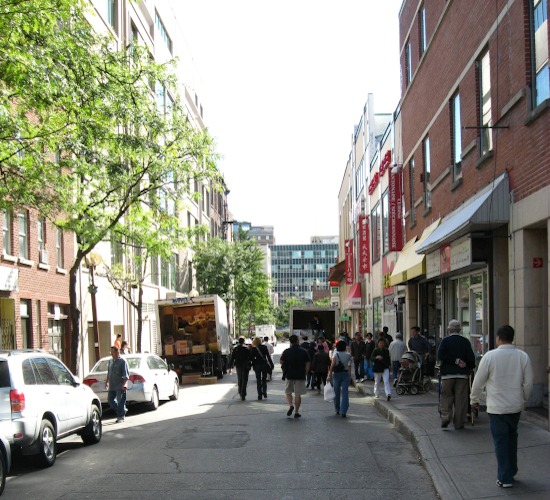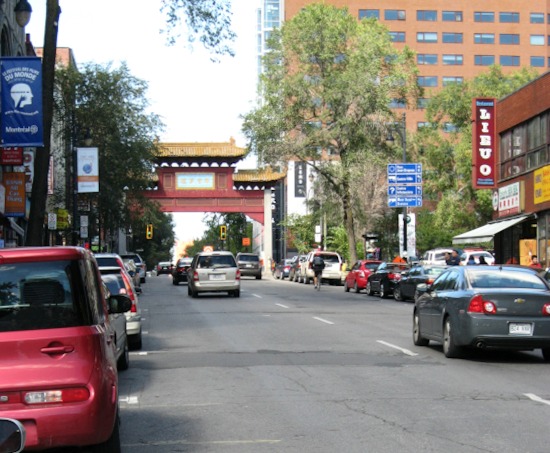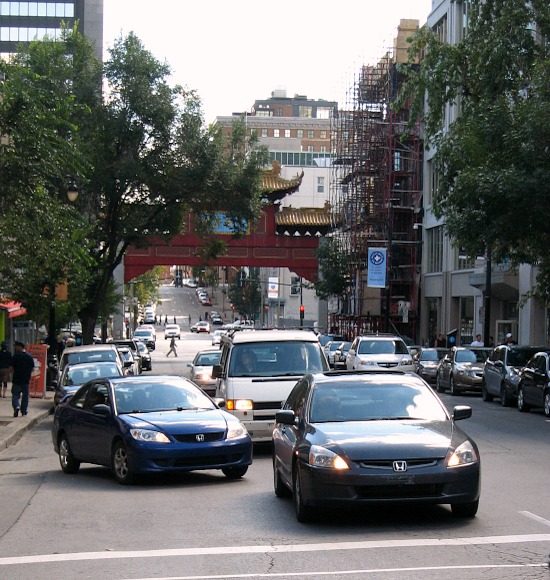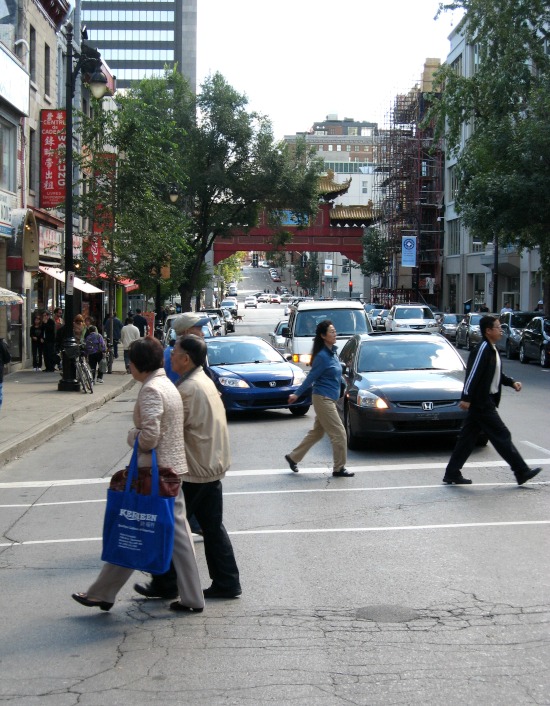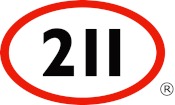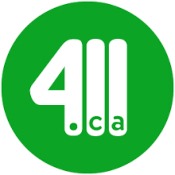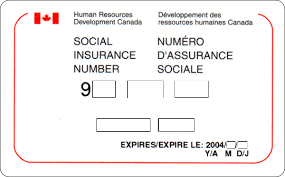Traffic Rules and Safe Driving
Traffic rules and safe driving as in the privilege of driving and the duty of being cautious. Distracted driving is, of course, always dangerous. It could and does jeopardize the safety of drivers, passengers and pedestrians.
There are many different sources of driver distraction. The most common are smoking and using a smart phone or GPS, followed by eating and drinking. These are the main cause of serious car accidents and the most often mentioned by police officers.
There are four types of distractions: visual, manual, cognitive and auditory. Eyes off the road, hands off the wheel, mind off the task as well as listening to music or having a phone conversation.
A survey conducted in 2017 on behalf of the SAAQ, the Société de l'assurance automobile du Québec, revealed that Quebecers consider that distracted driving is a serious problem especially since distracted drivers are three times more likely to cause an accident than attentive drivers.
Safety Car Issues
Issues related to distracted driving are much broader than just cellphones. The top five perceived distractions are eating and drinking, passengers, other drivers and changing radio stations.
Broader issues that also include distractions inside the vehicle such as smoking and distractions outside the vehicle such as looking at the scenery.
Multi-taskers have more trouble overlooking distractions compared to people who are able to focus on one task at a time. The more a driver jumps from one task to another, the less he or she is able to focus on one single task.
Using a cell phone or another portable electronic device or, consulting a display screen or, handling it while driving automatically leads to a fine, demerit points or an immediate license suspension already mentioned above.
Safety Car Driving
Eyes must be kept on the road and hands on the wheel. Getting too comfortable or getting drowsy, managing children, talking to a passenger, putting on makeup are all dangerous distractions.
Many drivers admit they frequently read the road signs, talk to other occupants, think of other things, change stations, put on a CD, read billboards, use a hands-free phone or a GPS. Distracted drivers who might fail to recognize potential hazards such as pedestrians, bicycles and debris.
Drivers who do engage in distracting activities show a disturbing lack of awareness. By doing so, they fail to recognize that they are putting themselves, their passengers and other road users in danger. Distractions such as making a left turn or pulling out from a side road cause drivers to react more slowly to events or to traffic conditions.
Montreal Kits
Traffic Rules and Safe Driving
Disclaimer Keep in Touch! Montreal Tourism
Privacy Policy Rachel Louise Barry Sitemap
Montreal Kits © All Rights Reserved 2018-2024
The information provided by Montreal Kits is informational only and has no legal value.







